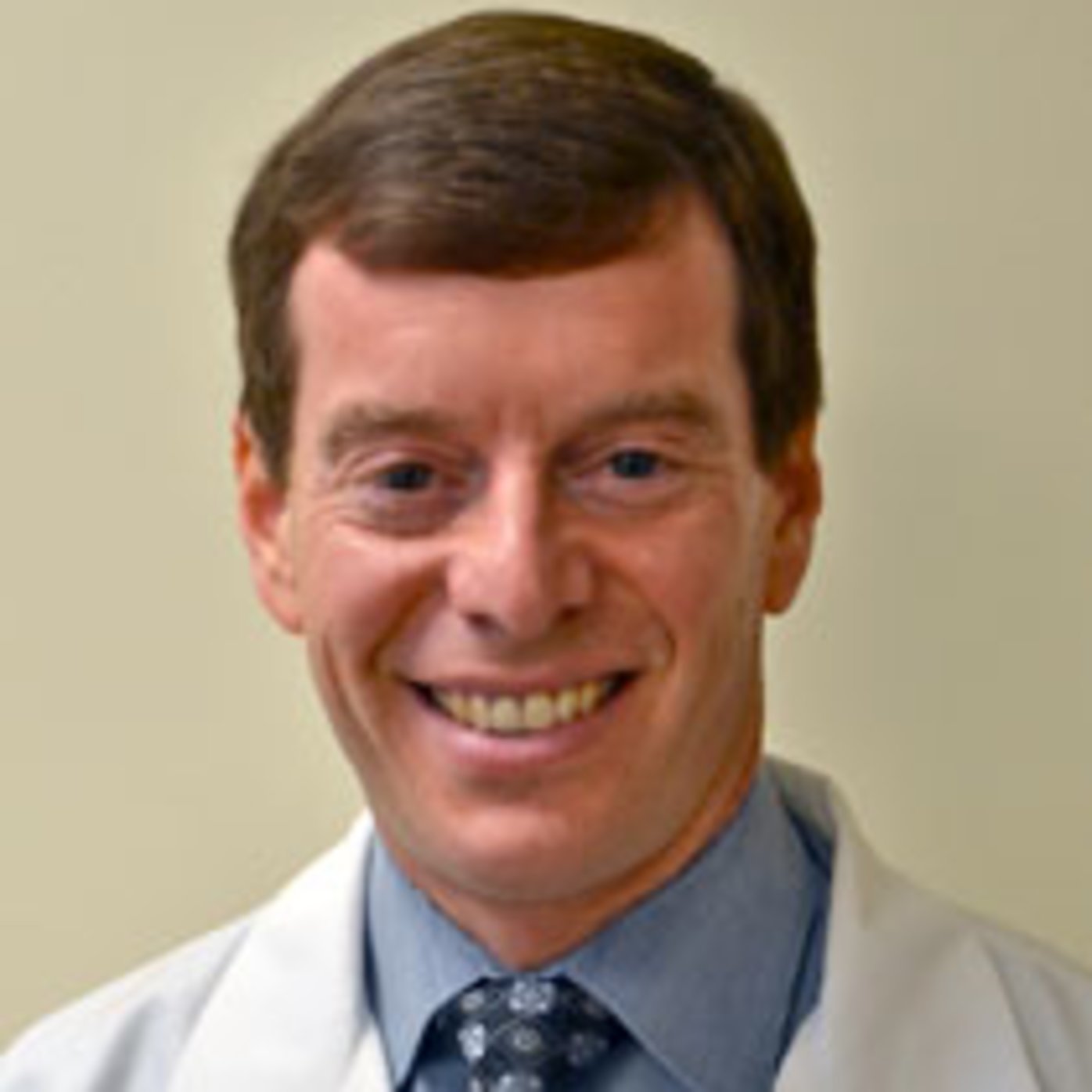
Running through grief
Before losing her life to breast cancer at 32, Ronnell dreamed of completing the SoCal Triple Crown race series. Now, her mother, Benilda, runs in her honor.
Lung cancer remains the No. 1 cause of cancer deaths for men and women in the U.S., accounting for almost 25% of all cancer deaths. According to the American Cancer Society, it is the deadliest of all cancers.
Many people don't know they have lung cancer until the disease has reached later stages and spread to other parts of the body. Because of this, one of the best ways to address lung cancer is to catch it early.
What is a lung cancer screening?
A low-dose lung CT can be used to detect the presence of lung cancer in people without symptoms and at high risk of developing the disease. The low-dose lung CT uses 80% less radiation than regular CTs and is similar to other screening tests, such as mammograms and colonoscopies.
“We recommend that all individuals know their risks for developing the disease and determine if a low-dose lung CT is right for them,” says Dr. Geoffrey Weinstein, medical director of the Radiation Oncology Department at Sharp Memorial Hospital. “Studies show that lung cancer screenings reduce the risk of dying of lung cancer. And those who are diagnosed at an early stage have a higher chance of successful treatment.”
Do you qualify?
The U.S. Preventive Services Task Force recommends yearly lung cancer screening with low-dose CT scans for people who meet the criteria. If you answer “yes” to the questions below, it is recommended that you be screened.
Are you 50 to 80 years old?
Do you have a 20 pack-year or more smoking history? A pack year is smoking an average of one pack of cigarettes per day for one year.
Are you a current smoker or one who has quit smoking within the last 15 years?
Who is at risk?
Although anyone can get lung cancer, cigarette smoking is the number one cause. Other risk factors include a family history of lung cancer, chronic obstructive pulmonary disease (COPD) or pulmonary fibrosis. Contact with cancer-causing agents also puts people at greater risk.
Talk with your doctor if you meet the criteria for lung cancer screening and to decide if low-dose CT screening is right for you. Earlier detection means a better chance of long-term survival.
Learn more about lung cancer; get the latest health and wellness news, trends and patient stories from Sharp Health News.
For the news media: To talk with Dr. Geoffrey Weinstein, contact Erica Carlson, senior public relations specialist, at erica.carlson@sharp.com.

The Sharp Health News Team are content authors who write and produce stories about Sharp HealthCare and its hospitals, clinics, medical groups and health plan.

Dr. Geoffrey Weinstein is the vice president of Oncology Medical Services at Sharp HealthCare.
Our weekly email brings you the latest health tips, recipes and stories.